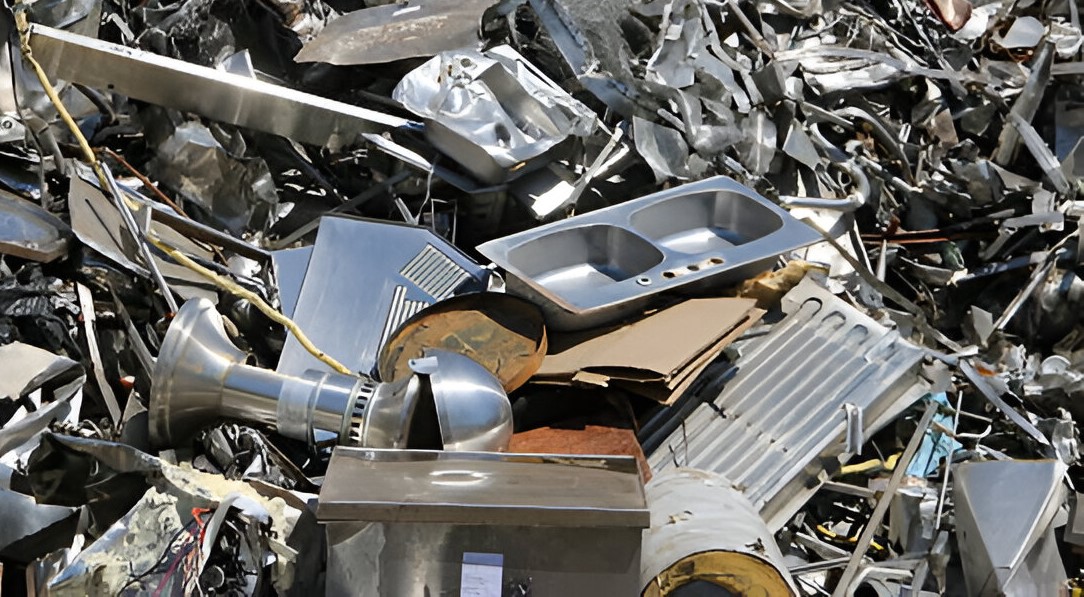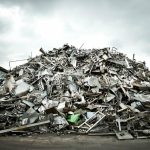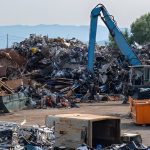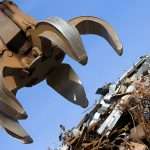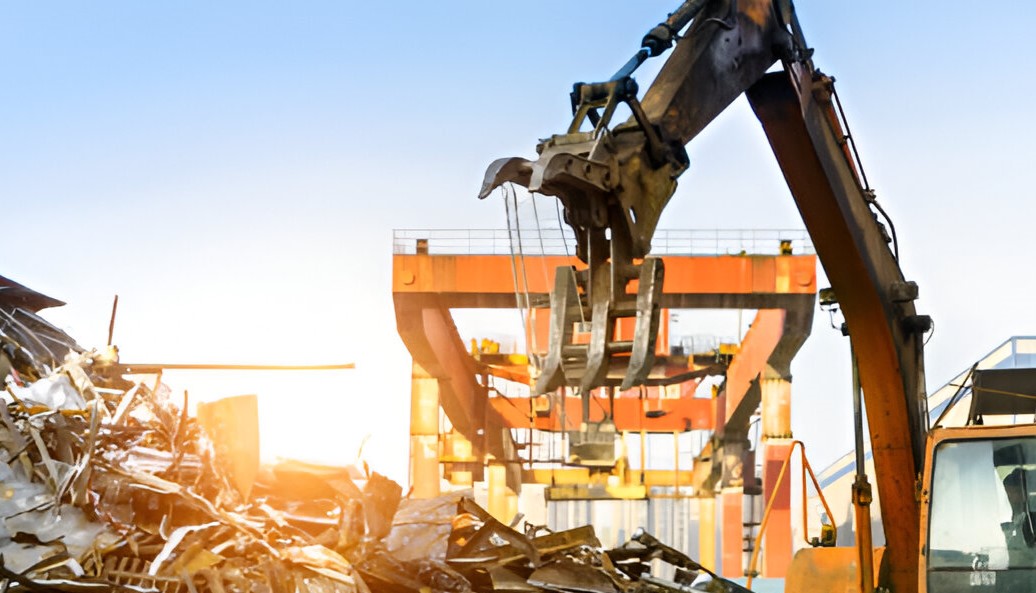
Metal scrap trading is a significant part of the recycling economy, especially in fast-developing cities like Dubai. From construction and demolition waste to industrial by-products, scrap metal holds substantial economic value when traded responsibly. However, this industry, while lucrative, is also complex. New traders and even experienced businesses can fall into costly traps if they’re not cautious.
In this blog, we outline the most common mistakes seen in metal scrap trading and provide insights on how to avoid them, helping you trade smarter and more securely.
1. Inadequate Knowledge of Metal Types
One of the most frequent mistakes traders make is not understanding the difference between ferrous and non-ferrous metals or failing to accurately identify metal grades.
Why it matters:
- Prices vary significantly between metal types.
- Incorrect identification can lead to underpricing or loss.
- Some buyers have strict grade requirements.
How to avoid it:
- Learn the basics of metal classification.
- Use tools like magnets, spark tests, or handheld analysers.
- Work with professionals who can verify the metal’s composition.
At Enviro Values, we ensure all scrap is accurately graded before transactions to protect both buyer and seller.
2. Ignoring Local Compliance and Regulations
Dubai has strict environmental and trade laws. Failing to follow legal requirements for scrap handling, storage, and export can result in fines, shipment delays, or even bans.
Common compliance errors:
- Not obtaining the required trade licences.
- Failing to document the source of the scrap.
- Transporting hazardous materials without permits.
Solution:
- Partner with licensed and experienced traders like Enviro Values.
- Stay updated with local environmental guidelines and import/export policies.
- Ensure full documentation for every transaction.
3. Relying on Verbal Agreements
Verbal deals may seem convenient, but they can lead to payment disputes or quality disagreements. In a competitive market like Dubai’s, documentation is critical.
What can go wrong:
- Misunderstandings over scrap weight or grade.
- Pricing disputes.
- Unclear delivery or payment terms.
Best practice:
- Use written contracts or sales agreements.
- Include terms like grade, weight, price per ton, payment terms, and delivery schedule.
- Keep communication professional and well-documented.
4. Overlooking Market Price Fluctuations
Metal scrap prices fluctuate daily based on global demand, commodity markets, and economic trends. Failing to monitor these shifts can affect profitability.
Risks include:
- Selling too low during a high-demand phase.
- Holding scrap too long during a market decline.
- Misjudging the right time to enter or exit trades.
Recommendations:
- Follow daily metal exchange rates and local market trends.
- Subscribe to industry pricing platforms.
- Seek advice from experienced brokers or companies like Enviro Values who offer real-time insights.
5. Poor Storage and Handling
Improper storage can reduce the value of scrap metal significantly. Exposing scrap to moisture, dirt, or contamination decreases its grade and resale price.
Common mishandling issues:
- Mixing metals (e.g., aluminium with steel)
- Allowing rust or chemical exposure
- Inaccurate or inconsistent weighing
Tips to prevent damage:
- Store metals separately in dry, covered areas.
- Label scrap piles clearly.
- Use calibrated weighing equipment.
Clean, sorted scrap always fetches a better price—something Enviro Values guarantees through our sorting and storage facilities.
6. Choosing the Wrong Trading Partner
Working with unreliable or unlicensed buyers/sellers can lead to fraud, unfair pricing, or contract breaches. Unfortunately, scams in the scrap trade are not uncommon.
Signs of a poor trading partner:
- Offers prices too good to be true
- Refuses documentation or inspection
- No physical office or unclear business credentials
What to do:
- Verify business licenses and trade history.
- Visit their yard or request a video inspection.
- Work with established players like Enviro Values, known for transparent and ethical trading.
7. Underestimating Logistics and Transportation
Logistics in scrap trading involve more than just moving material. Delays, improper loading, or damaged containers can all impact profitability.
Potential issues:
- Incorrect container type or size
- Delays at customs or checkpoints
- Transporting mixed or hazardous scrap without permits
How to manage it:
- Plan logistics in advance and confirm load specifications.
- Ensure vehicles are compliant with Dubai’s transportation rules.
- Work with a scrap partner who offers logistical support, like Enviro Values.
Conclusion: Smart Trading Starts with Smart Decisions
Metal scrap trading in Dubai offers real financial opportunities—if done right. By avoiding these common mistakes, traders can increase profits, reduce risks, and build lasting relationships in the industry.
Whether you’re a manufacturer offloading surplus or a buyer looking for quality scrap, making informed decisions is key. At Enviro Values, we provide the tools, expertise, and transparency needed for sustainable and profitable metal scrap transactions.
FAQs
1. How do I know the value of my scrap metal in Dubai?
You can contact Enviro Values for a real-time quote based on weight, type, and current market rates.
2. What licenses are needed for metal scrap trading in Dubai?
Traders need a commercial licence from the Dubai Economic Department and may require permits for storage and transport, depending on material type.
3. How can I avoid fraud in scrap metal trading?
Always request company credentials, use written contracts, and deal with reputable, traceable businesses.
4. Is it better to sell mixed scrap or sorted scrap?
Sorted scrap always gets a better price. Buyers prefer clean, labelled, and segregated metals.


